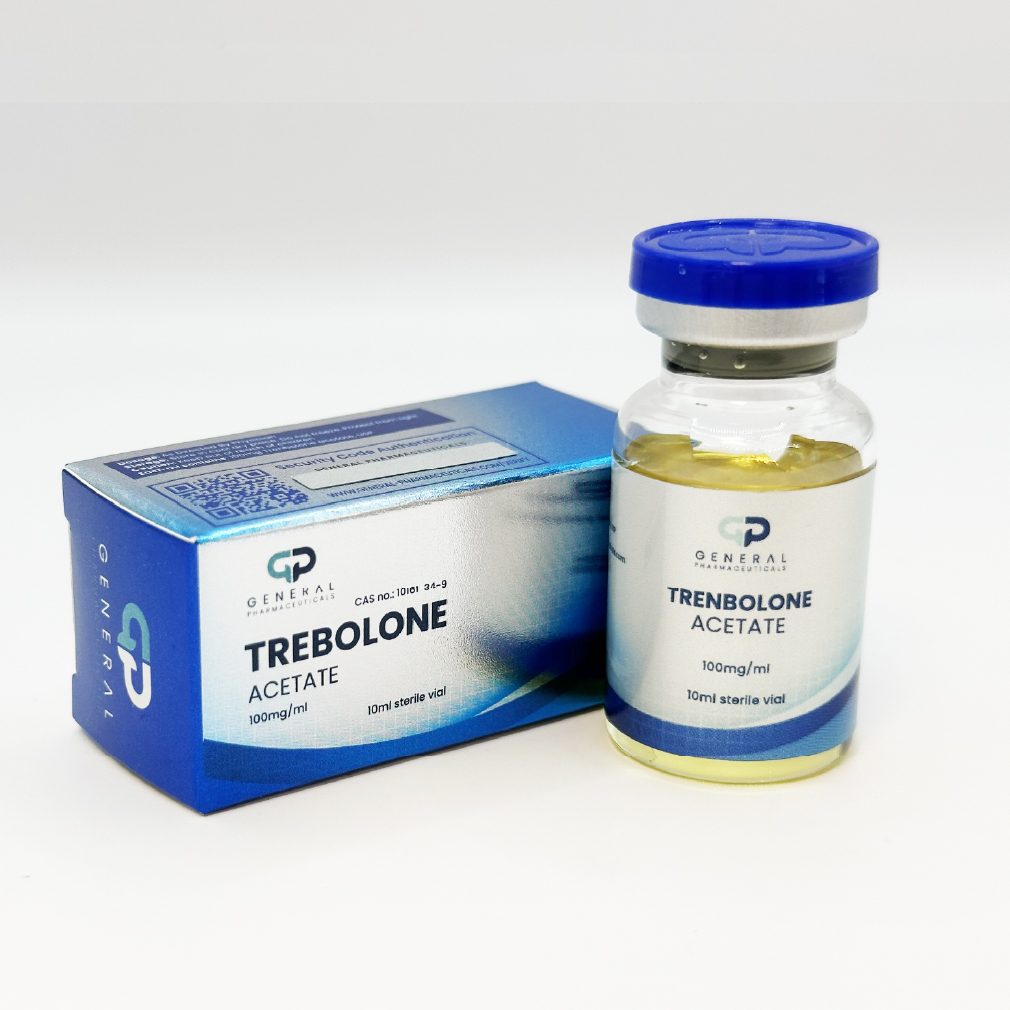
Trenbolone acetate
Trenbolone acetate is a potent anabolic steroid initially developed for veterinary use to promote muscle growth and appetite in livestock. It has also been utilized in bodybuilding and athletic contexts due to its powerful anabolic effects. It is administered via intramuscular injection.
Medical Uses
Although trenbolone acetate is primarily used in veterinary medicine, it has limited applications in human medicine. When used clinically, it is typically under strict medical supervision due to its potent effects and potential for side effects. Its medical uses include:
- Muscle Wasting Conditions: Used experimentally to treat severe muscle wasting and cachexia in chronic conditions such as cancer and HIV/AIDS.
- Anemia: Its potential to stimulate red blood cell production could be leveraged in specific anemic conditions, although this use is not common.
Mechanism of Action
Trenbolone acetate exerts its effects through several mechanisms:
- Androgen Receptor Binding: Trenbolone binds strongly to androgen receptors in various tissues, promoting anabolic effects such as muscle growth and increased strength.
- Protein Synthesis: It enhances protein synthesis, leading to significant gains in muscle mass and strength.
- Nitrogen Retention: Promotes nitrogen retention in muscles, crucial for muscle growth and recovery.
- Anti-Catabolic Effects: Reduces muscle breakdown, helping preserve muscle tissue during periods of caloric deficit or intense training.
- Erythropoiesis: Stimulates red blood cell production, improving oxygen delivery to muscles and enhancing endurance and performance.
Side Effects
While effective, trenbolone acetate can have several potential side effects:
- Androgenic Effects: May cause increased body hair, acne, and deepening of the voice.
- Cardiovascular Issues: Can lead to increased blood pressure and adverse effects on cholesterol levels.
- Hepatotoxicity: Although less hepatotoxic than some oral steroids, liver damage can still occur.
- Mood Changes: Users might experience mood swings, aggression, and other psychological effects.
- Reproductive Effects: Can lead to decreased natural testosterone production, testicular atrophy, and infertility.
Interactions
Trenbolone acetate can interact with several medications:
- Aromatase Inhibitors: These drugs can alter the metabolism of trenbolone, potentially influencing its effects and side effects.
- Selective Estrogen Receptor Modulators (SERMs): They can interact with trenbolone, impacting its effectiveness and the body’s hormonal balance.
- 5-Alpha Reductase Inhibitors: These medications can influence the androgenic activity of trenbolone.
- Anti-Androgens: These drugs can counteract some of the effects of trenbolone.

